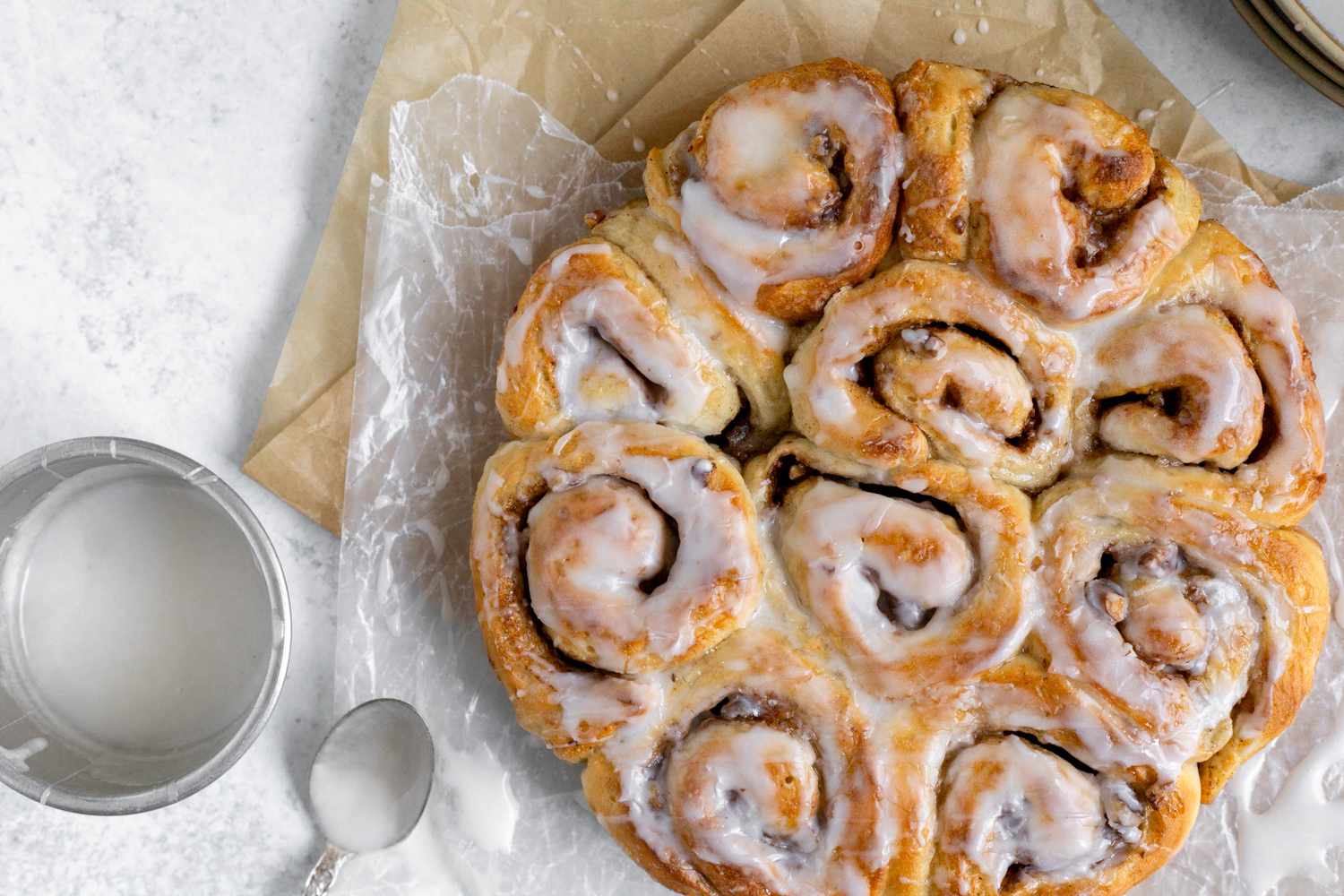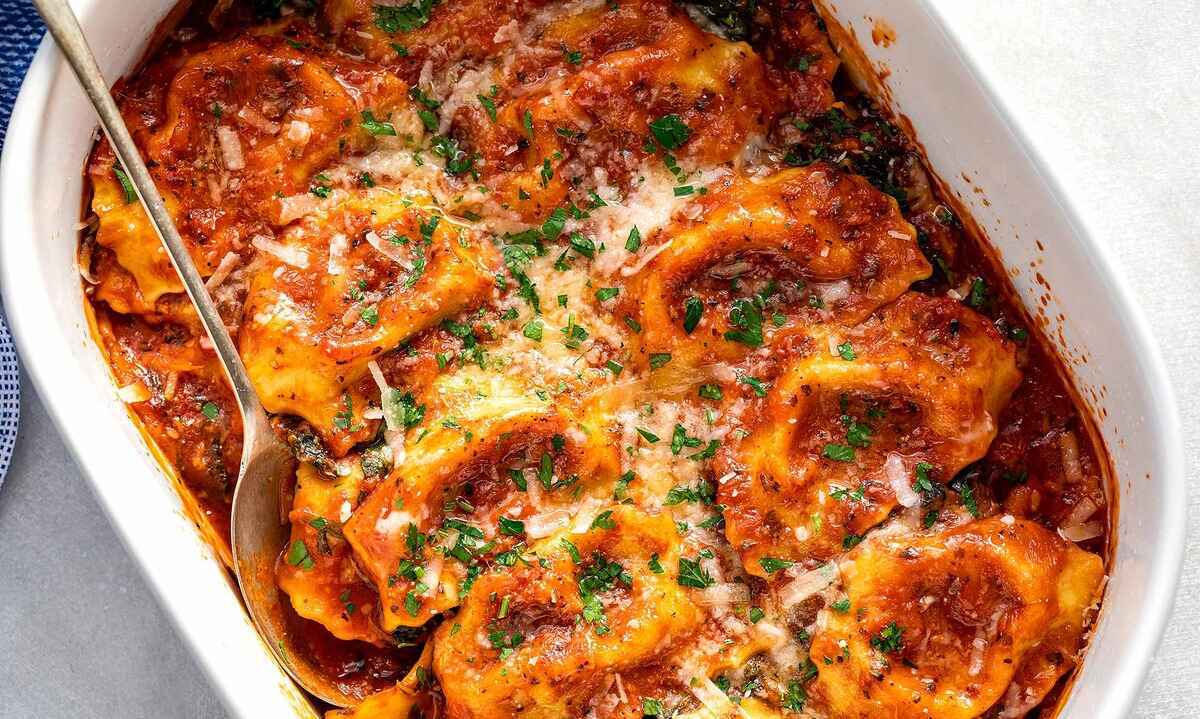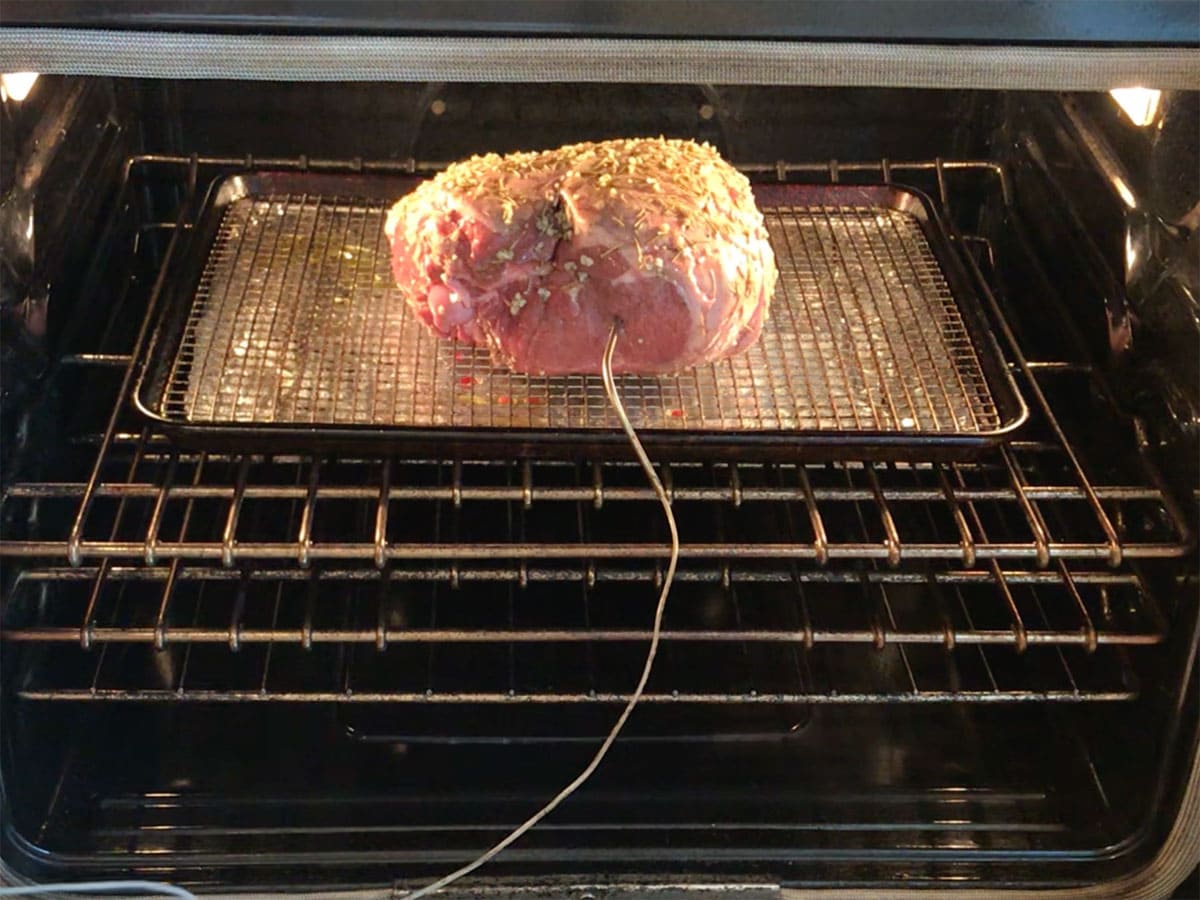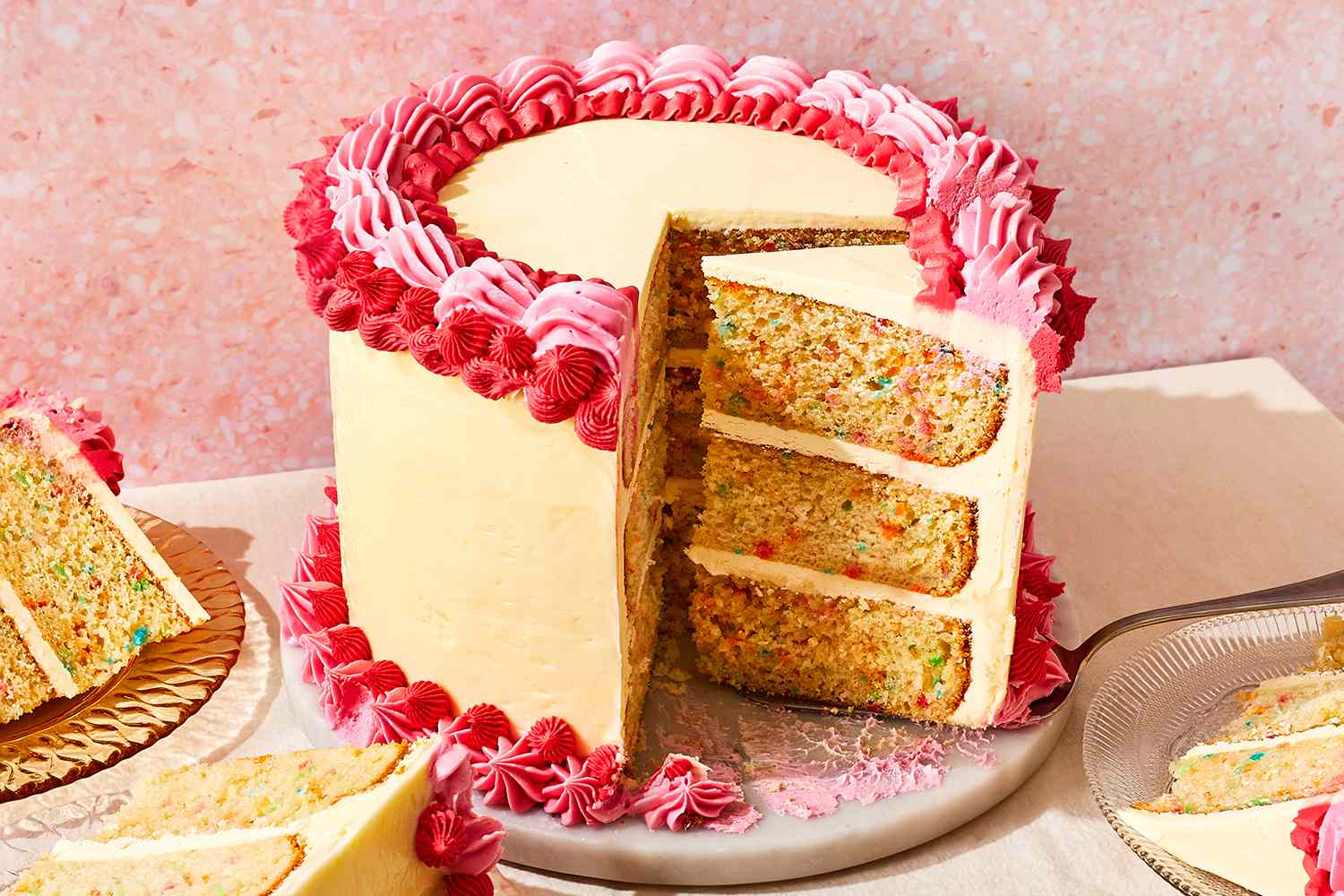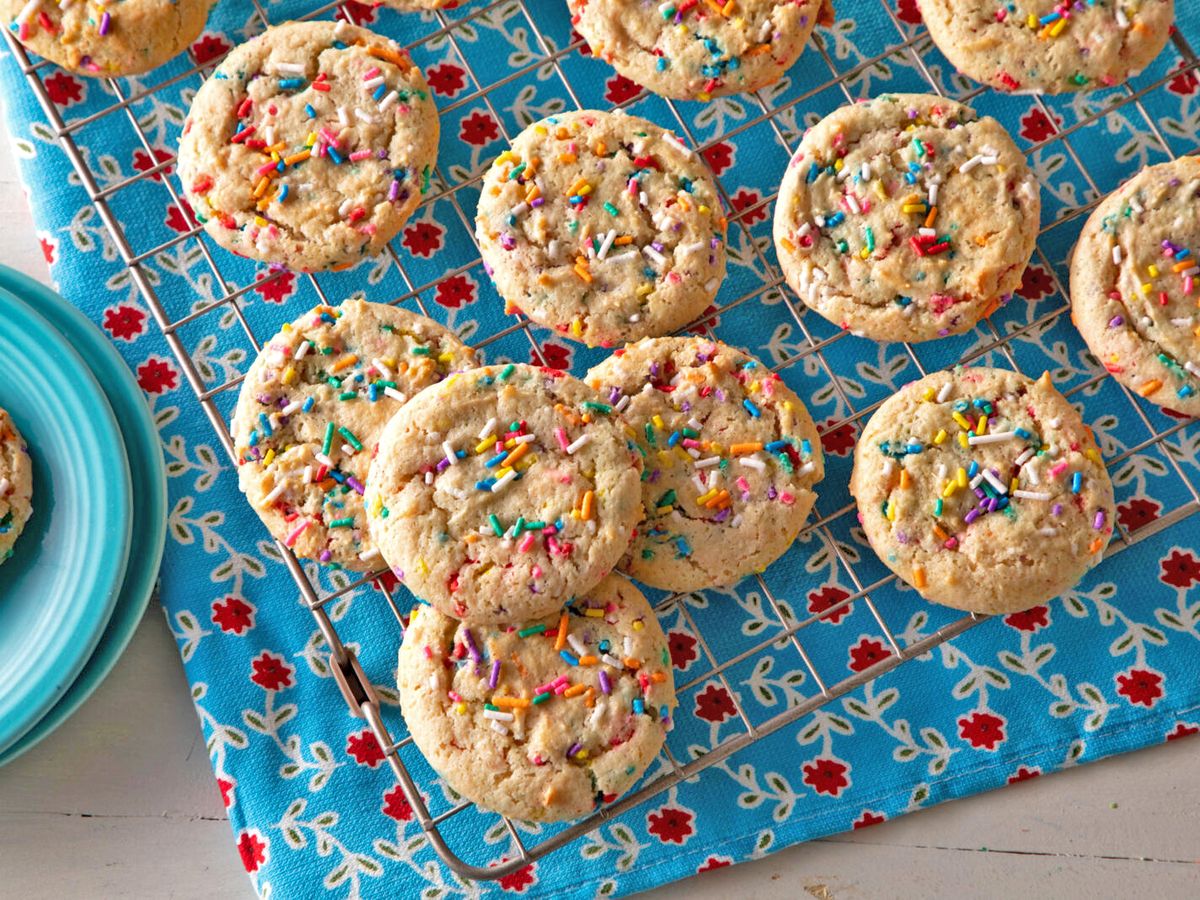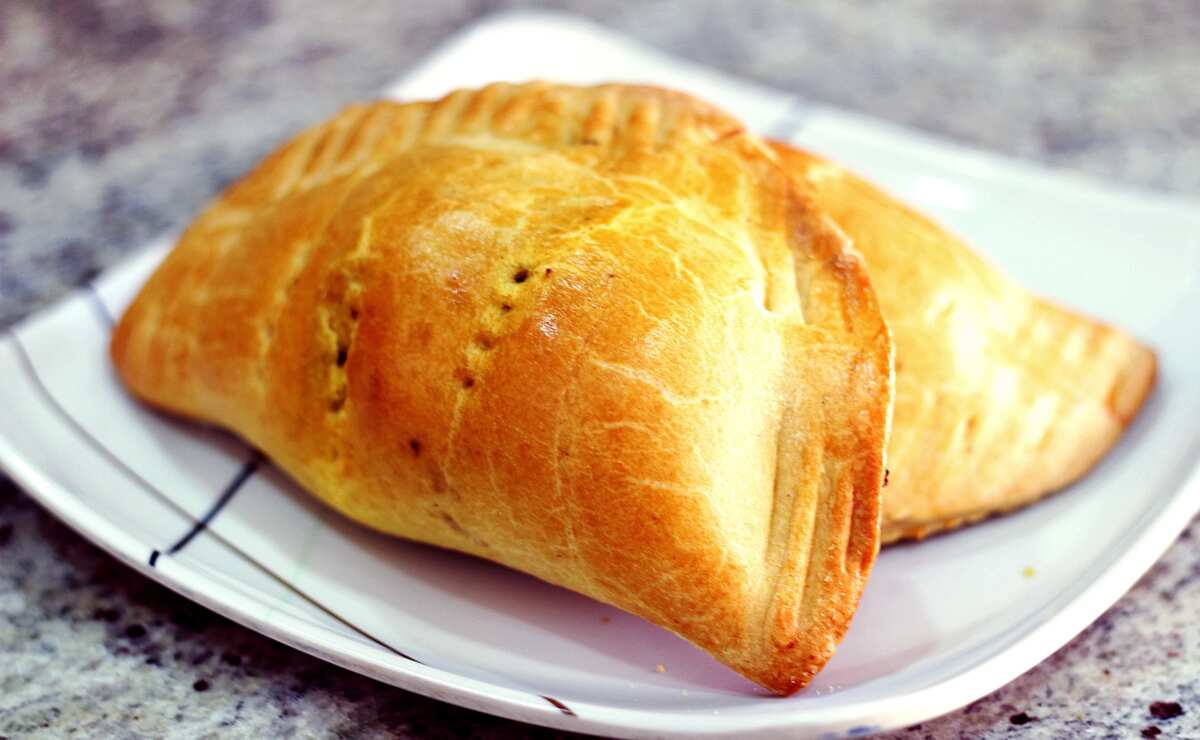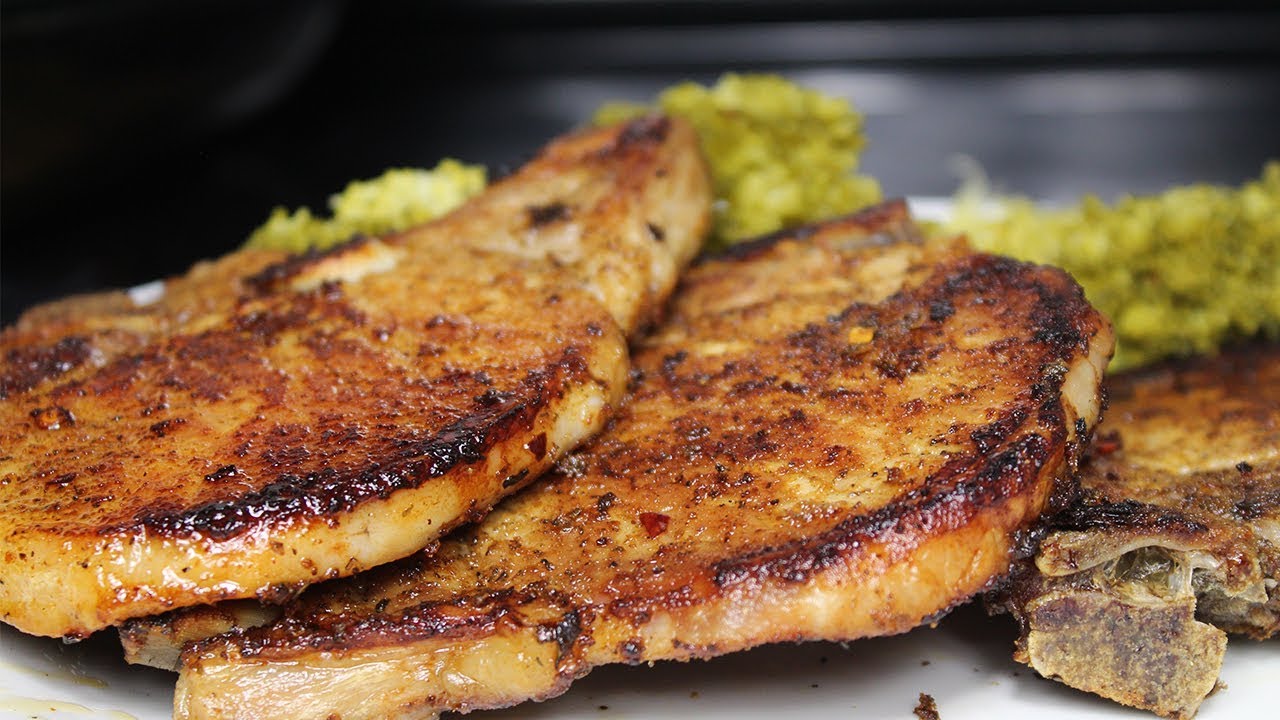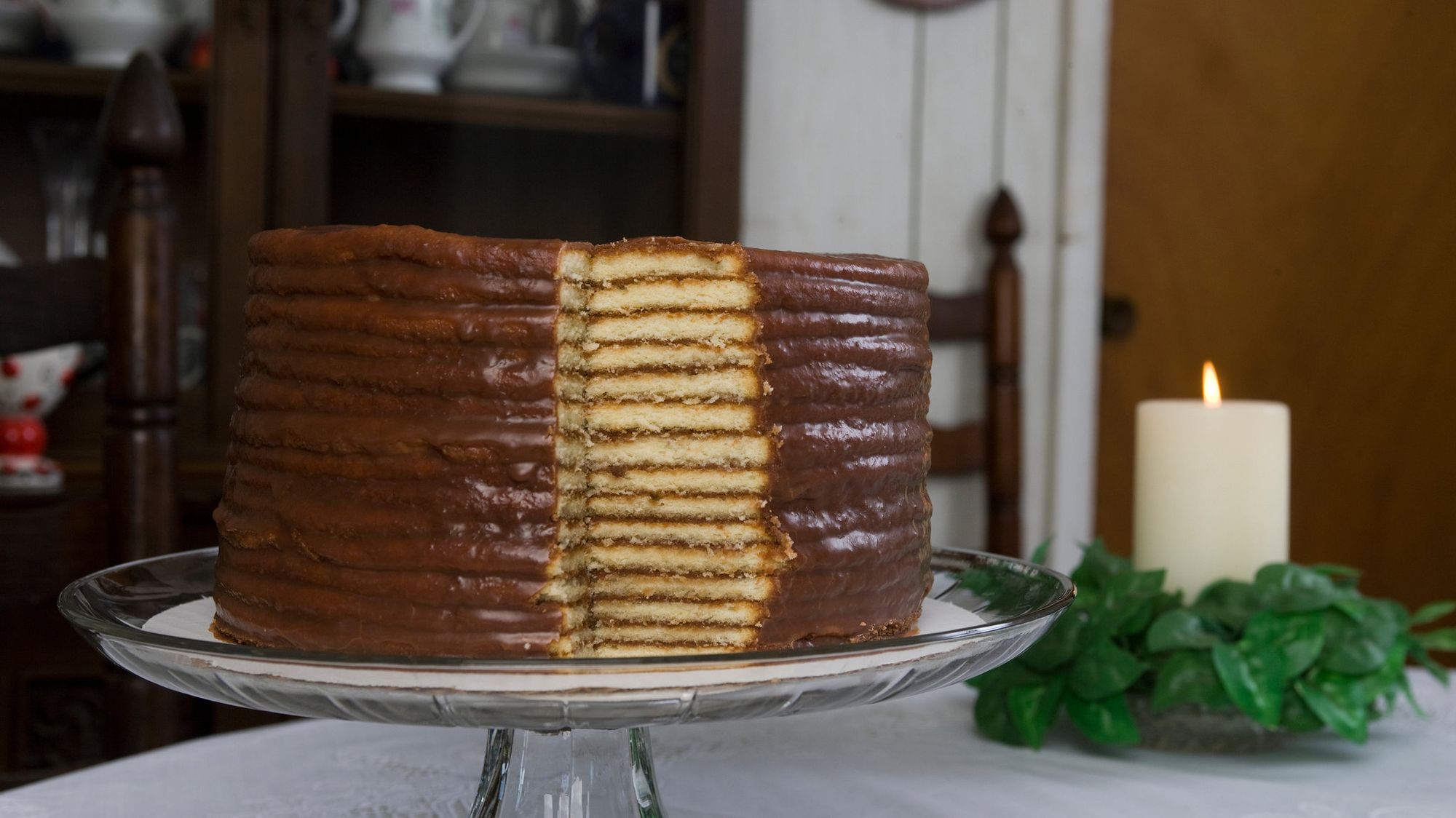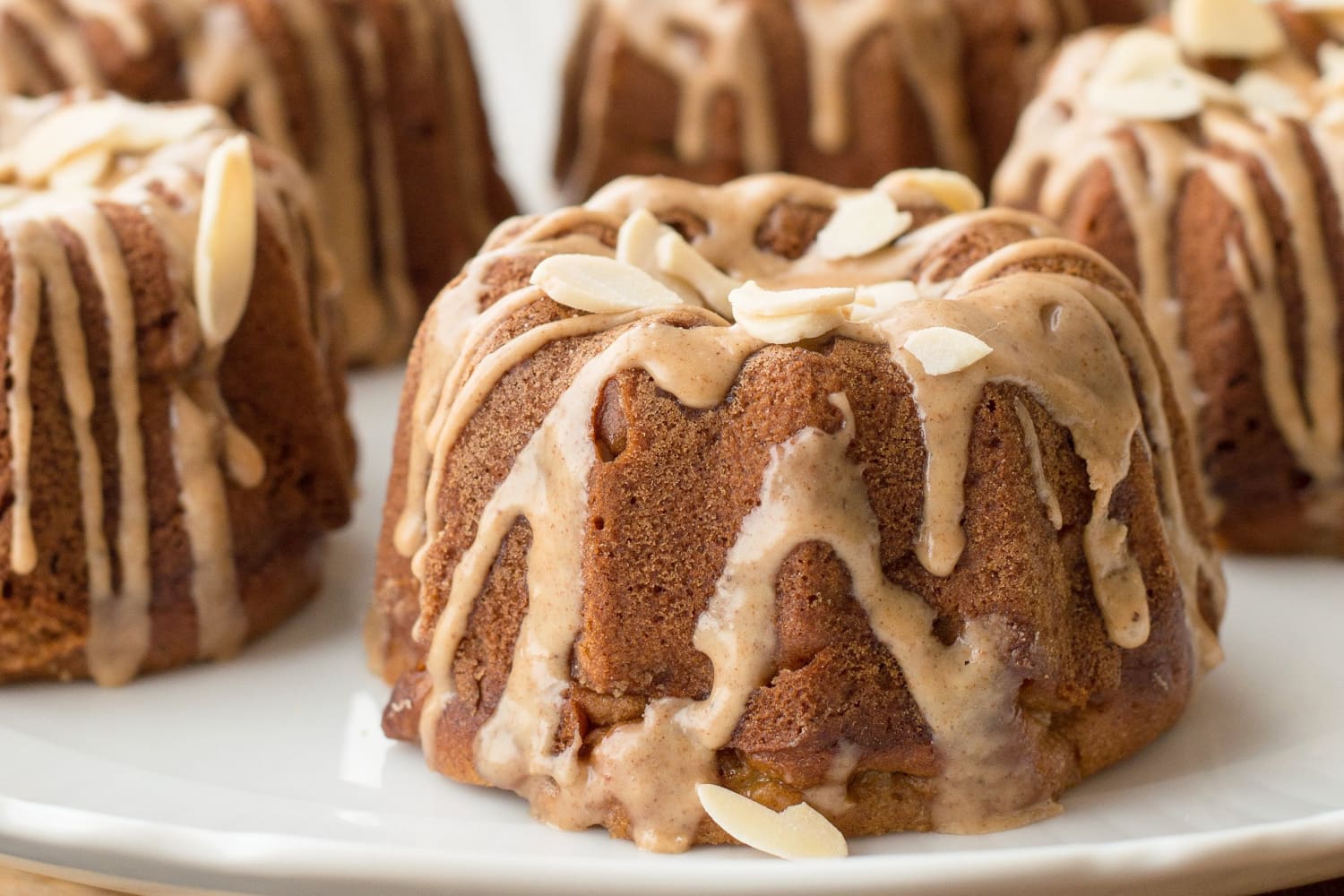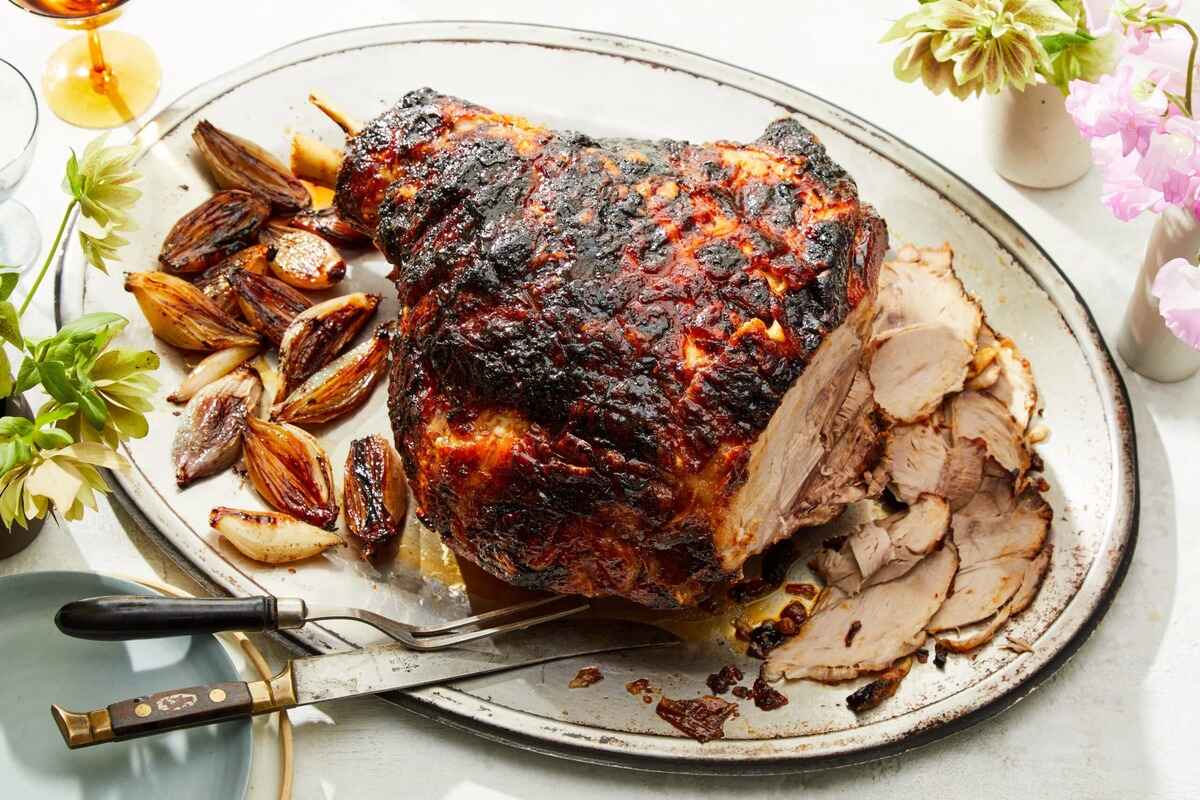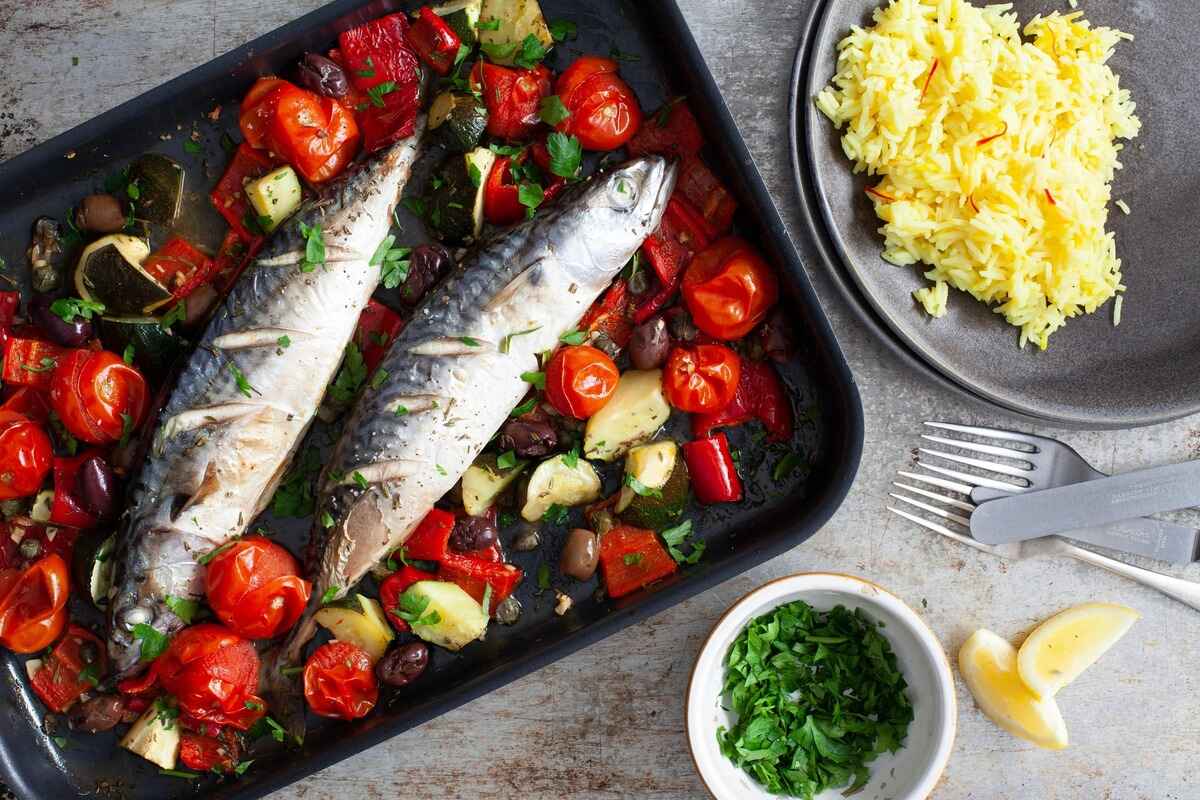Baking Ingredient Guide: Pantry Staples
When it comes to baking, having a well-stocked pantry is crucial. Having the right ingredients on hand makes it easier to whip up delicious treats at a moment’s notice. In this baking ingredient guide, we’ll explore the must-have pantry staples that every baker should have at their fingertips.
1. All-Purpose Flour
Flour is the foundation of baking. It provides structure and stability to your baked goods. All-purpose flour is the most versatile type and works well in a wide variety of recipes. It’s perfect for cakes, cookies, bread, and more.
2. Sugar
Sweetness is an essential component of many baked treats. Granulated sugar is the most commonly used type for baking. It adds sweetness and aids in browning. Confectioners’ sugar is another must-have for making frostings and dusting desserts.
3. Baking Powder and Baking Soda
These leavening agents are essential for making your baked goods rise. Baking powder is a combination of baking soda, cream of tartar, and a moisture-absorbing agent. It works well in recipes that contain acidic ingredients like yogurt or buttermilk. Baking soda, on the other hand, requires an acid (such as lemon juice or vinegar) to activate and create carbon dioxide bubbles that cause the dough or batter to rise.
4. Salt
Salt may not be the first thing that comes to mind when you think of baking, but it plays a crucial role. It enhances flavors and balances sweetness. A pinch of salt can make a world of difference in your baked goods.
5. Vanilla Extract
Vanilla extract adds a warm and comforting flavor to baked goods. It pairs well with almost any recipe, from chocolate chip cookies to cakes and muffins. Using pure vanilla extract will give you the best flavor.
6. Eggs
Eggs act as a binding agent and give structure to your baked goods. They add moisture and richness, contributing to the overall texture and taste. Eggs are a pantry staple that you’ll often find in various baking recipes.
7. Butter or Margarine
Butter or margarine is used to add moistness and flavor to baked goods. It’s commonly used in cookies, cakes, and pie crusts. Choose unsalted butter or margarine to have more control over the amount of salt in your recipe.
8. Milk or Buttermilk
Depending on the recipe, you’ll need either milk or buttermilk. Milk adds moisture and tenderness to baked goods, while buttermilk adds a tangy flavor and makes them extra fluffy. Both are essential pantry staples for a baker.
9. Chocolate
Chocolate is a staple ingredient for anyone with a sweet tooth. Whether you prefer chocolate chips, baking bars, or cocoa powder, having some form of chocolate in your pantry opens up a world of possibilities for creating delectable desserts.
10. Nuts and Dried Fruits
Nuts and dried fruits add texture, flavor, and a touch of nutrition to your baked goods. From crunchy walnuts in banana bread to chewy raisins in oatmeal cookies, incorporating these pantry staples can elevate your recipes to the next level.
With these baking pantry staples in your kitchen, you’ll be well-prepared to tackle any recipe that comes your way. Whether you’re a seasoned baker or just starting, having a well-stocked pantry is the key to success in the kitchen. Happy baking!
Was this page helpful?
Read Next: Christmas Cookie Decorating Ideas

